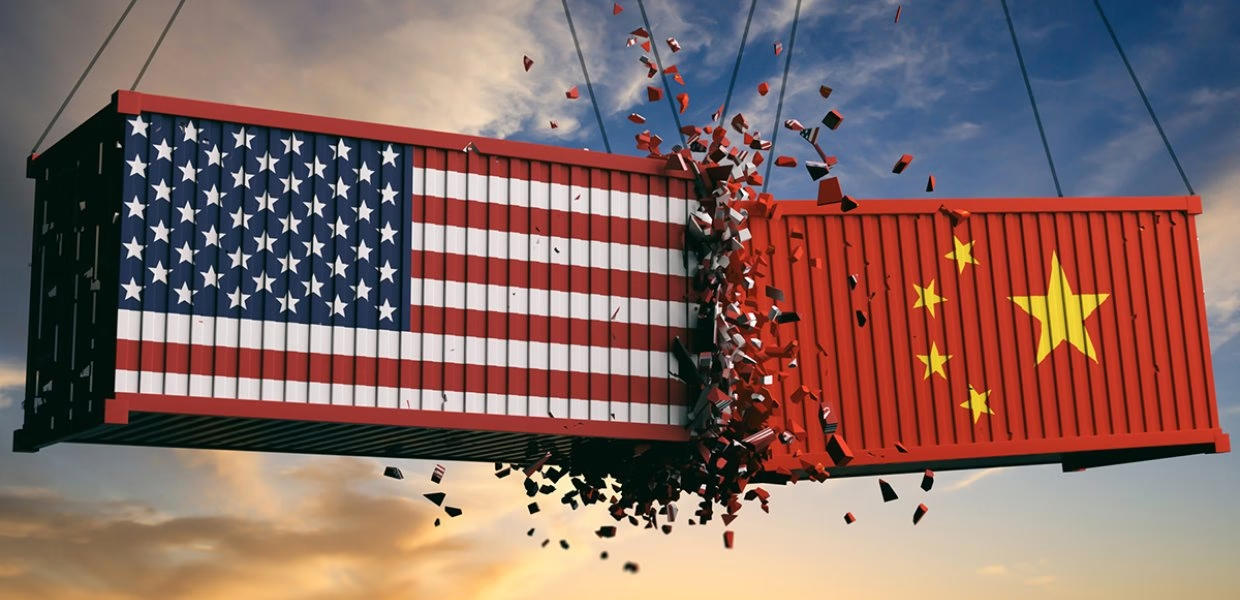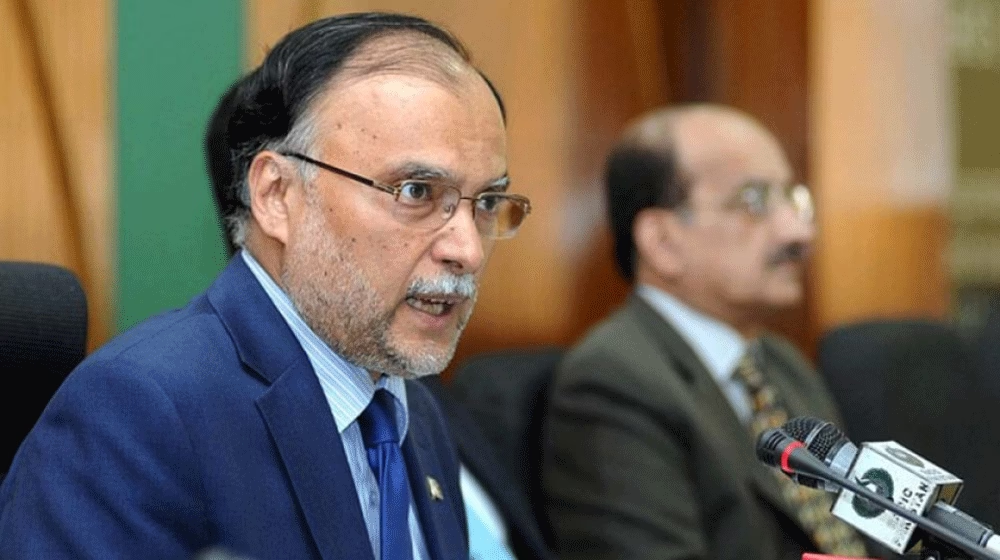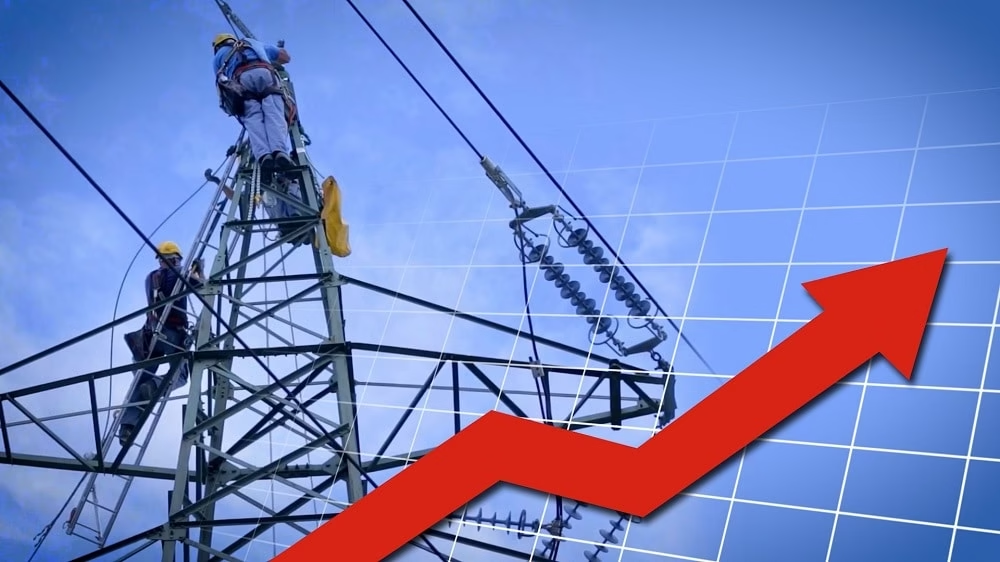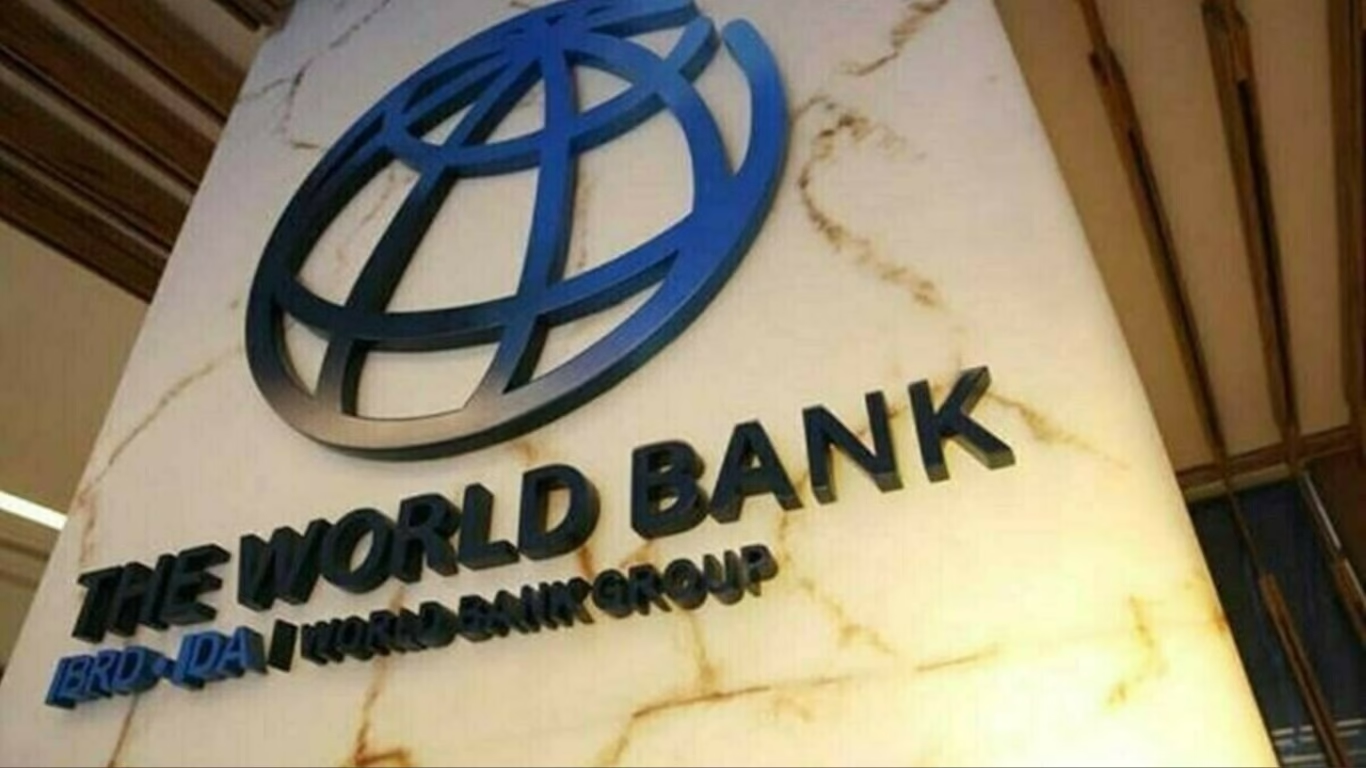As the United States ramps up tariffs under President Donald Trump, China is reaching out to other countries in an effort to build a coalition that could pressure Washington to reverse course. However, Beijing’s diplomatic push is seeing mixed results, with many nations hesitant to side with the primary target of Trump’s intensifying trade war.
This week, Trump temporarily eased tariffs on most countries for 90 days, claiming that nations were lining up to renegotiate trade terms. His move came amid plummeting global markets and appeared aimed at isolating China as the sole opponent in what had initially been a wide-reaching trade conflict.
China, however, has refused to engage in talks under pressure. Vowing to “fight to the end,” Beijing responded to Washington’s latest move — a steep increase in tariffs on Chinese imports to 125% — with its own countermeasures, imposing 84% tariffs on U.S. goods starting Thursday.
“This is now a direct U.S.-China confrontation,” said a senior Beijing analyst, emphasizing the narrowing scope of the trade war.
“The U.S. cannot win the support of the people and will end in failure,” declared Foreign Ministry spokesperson Lin Jian during a press briefing, echoing China’s stance that it holds the moral high ground in the conflict.
China has focused its diplomatic efforts on Europe, looking to strengthen ties and align positions. Premier Li Qiang held a phone conversation with European Commission President Ursula von der Leyen, which state media described as “sending a positive message to the outside world.”
According to Xinhua News Agency, Li expressed China’s readiness to work closely with the EU to implement recent agreements made by their respective leaders and to deepen cooperation in trade, investment, and industrial sectors.
Further talks followed with a video meeting between Chinese Commerce Minister Wang Wentao and EU Commissioner for Trade and Economic Security Maroš Šefčović, focusing on the impact of U.S. “reciprocal tariffs.”
Wang sharply criticized Washington’s actions, describing them as “a typical act of unilateralism, protectionism, and economic bullying.” He argued that the U.S. tariffs “seriously violate WTO rules, damage the multilateral trading system, and destabilize the global economic order.”
As tensions escalate, the global community is being drawn into a high-stakes economic standoff that could reshape the rules of international trade for years to come.



